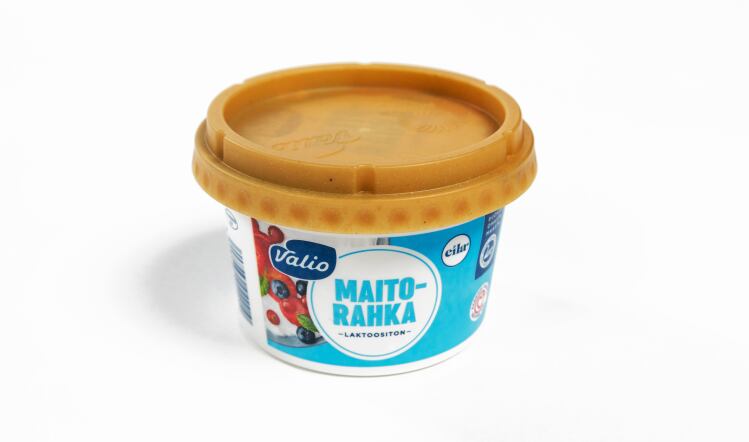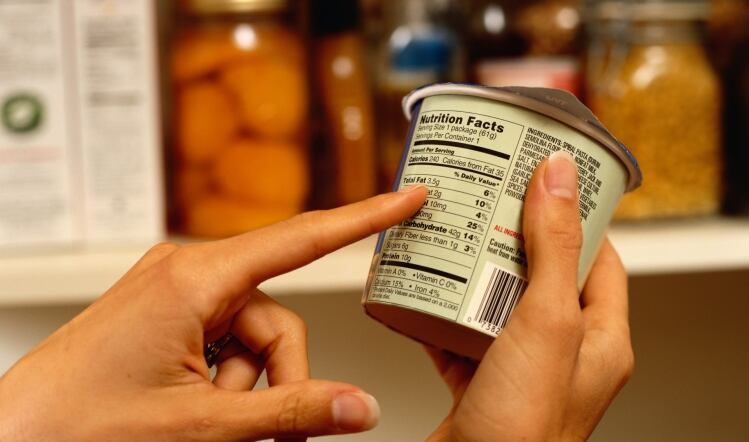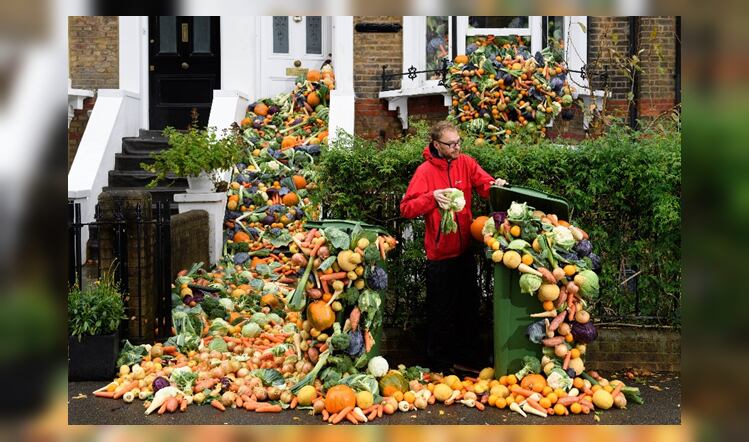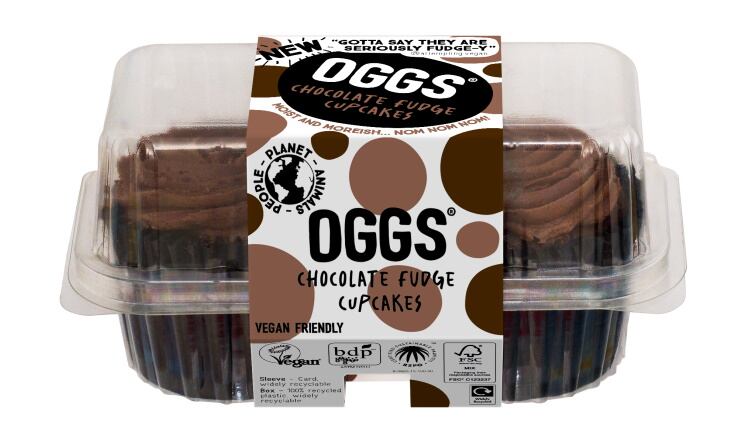Independent think-tank the Green Alliance last month published its Plastic Promises report, sparking industry and media debate. Author and head of resource policy Libby Peake included comment from representatives of brands and retailers about perceptions of plastics and the alternatives.
“The biggest risk is that people will think that if we replace plastics with materials such as glass or paper and board, the system as a whole will be unsustainable,” she told Food Manufacture.
Consumer confusion
There was a lot of consumer confusion around terms such as ‘bio-based’, ‘biodegradable’ and ‘compostable’, Peake said. “Some packs don’t meet the standards that exist, and I think we need more consultation on those standards.”
One anonymous interviewee in the report talked about moves from plastics to glass potentially leading to “off-the-scale” carbon emissions. Peake was concerned that carbon footprint was too often being ignored. “Climate is a growing concern to the public, and we need an approach that addresses this as well as plastics pollution,” she said.
Perceptions of sustainability
Paper and board are among those materials commonly seen as being ‘sustainable’, but which can involve the same emission levels as plastics – or higher. Despite this, the fibre-based packaging sector is eager to step into categories where plastics are under scrutiny.
Along with major brand owners and other packaging suppliers, Stora Enso has launched the 4evergreen initiative, which aims to boost the role of fibre-based packaging in the circular economy. The firm’s biocomposite lidding for Valio (pictured) is an example.
Stora Enso’s head of communications Carl Norell quoted research from Swedish consultancy Material Economics, which “shows that around 25% of food and beverage packaging can already today be replaced with fibre-based materials”.




